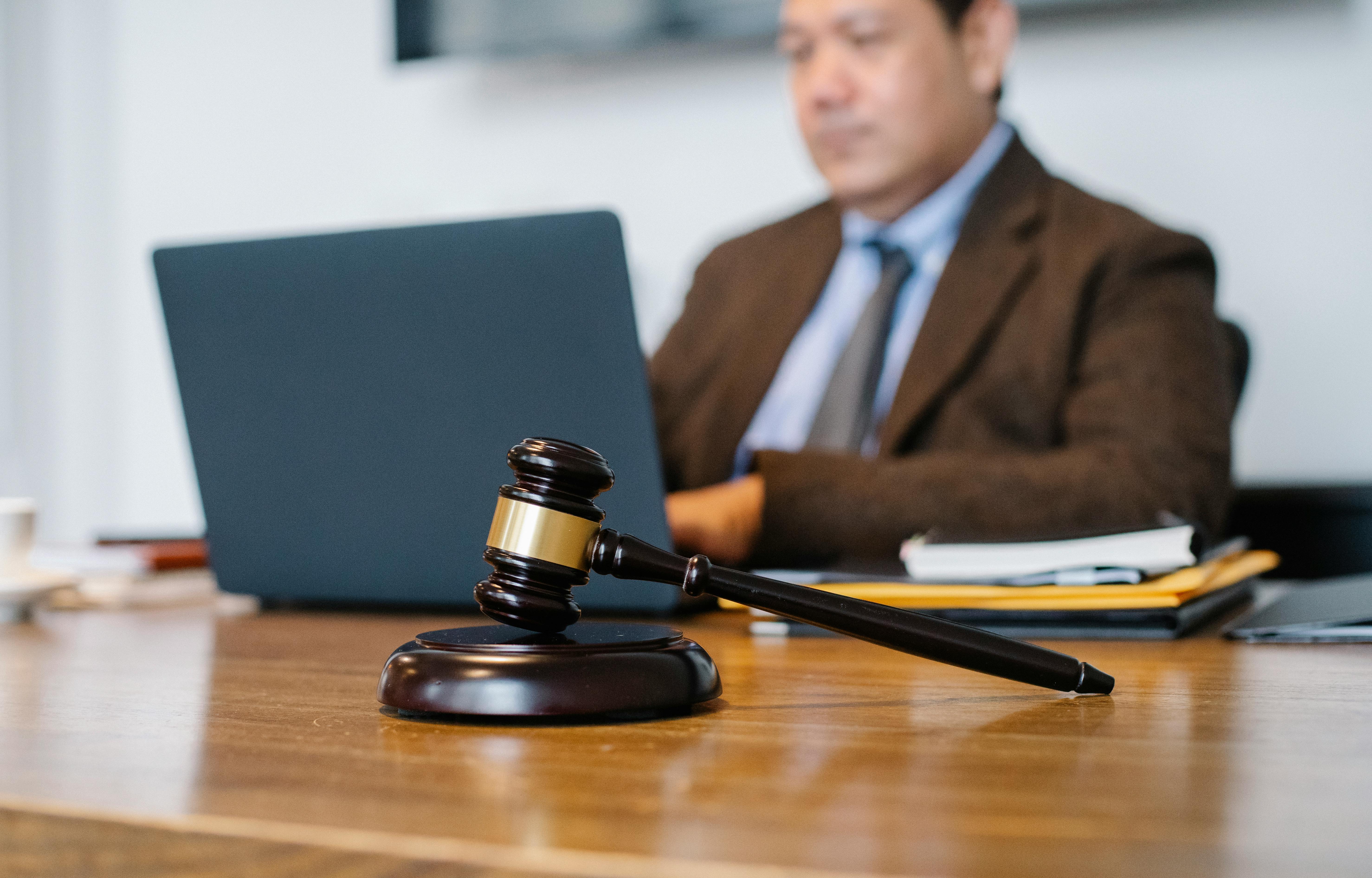Title: The Doctrine of Unclean Hands in Modern Legal Practice
Introduction: Delve into the evolving concept of the unclean hands doctrine in contemporary jurisprudence. This equitable principle, rooted in centuries-old legal tradition, continues to shape courtroom dynamics and influence judicial decisions across various areas of law.

Historical Origins and Development
The doctrine of unclean hands traces its roots back to the English courts of equity in the 17th century. Initially conceived as a means to prevent litigants from benefiting from their own wrongdoing, the principle gradually gained prominence in Anglo-American jurisprudence. Throughout the 18th and 19th centuries, courts refined and expanded the doctrine, applying it to an increasingly diverse range of cases. The maxim he who comes into equity must come with clean hands became a cornerstone of equitable relief, reflecting the courts commitment to fairness and ethical conduct in legal proceedings.
Modern Applications in Various Legal Domains
In contemporary legal practice, the doctrine of unclean hands finds application across a wide spectrum of legal domains. In contract law, courts may invoke the principle to deny specific performance or other equitable remedies to parties who have engaged in fraudulent or deceitful behavior. Intellectual property disputes frequently see the doctrine employed, particularly in cases involving trademark infringement or patent litigation. Family law courts also consider the unclean hands doctrine when adjudicating matters such as divorce settlements or child custody arrangements, ensuring that parties do not benefit from their own misconduct.
Limitations and Criticisms
Despite its widespread use, the doctrine of unclean hands is not without its critics. Some legal scholars argue that the principle can be overly broad and subjective, potentially leading to inconsistent application across different jurisdictions. Others contend that the doctrine may sometimes conflict with other legal principles or public policy considerations. Courts have grappled with these concerns, often striving to strike a balance between upholding ethical standards and ensuring just outcomes. As a result, the application of the unclean hands doctrine has become increasingly nuanced, with judges carefully weighing the severity of misconduct against the potential consequences of denying relief.
Recent Judicial Interpretations
Recent years have seen notable developments in how courts interpret and apply the doctrine of unclean hands. In a landmark 2018 decision, the United States Supreme Court addressed the principles applicability in patent law cases, clarifying its scope and limitations. State supreme courts have also weighed in on the doctrine, offering guidance on its use in various contexts. These rulings have helped to refine the unclean hands doctrine, providing greater clarity for litigants and legal practitioners alike.
Future Trends and Implications
As legal systems continue to evolve, the doctrine of unclean hands is likely to face new challenges and opportunities. Emerging technologies and novel forms of misconduct may test the principles boundaries, requiring courts to adapt their approach. Additionally, the growing emphasis on alternative dispute resolution methods could influence how the doctrine is applied outside traditional courtroom settings. Legal scholars and practitioners will need to stay attuned to these developments, as the unclean hands doctrine remains a vital tool in promoting equity and fairness in the legal system.
Conclusion
The doctrine of unclean hands continues to play a significant role in modern legal practice, serving as a guardian of ethical conduct and equitable outcomes. While its application has evolved over time, the fundamental principle remains as relevant today as it was centuries ago. As courts navigate complex legal landscapes and society grapples with new forms of misconduct, the unclean hands doctrine will undoubtedly continue to shape the administration of justice, ensuring that those who seek equity must do so with clean hands.






